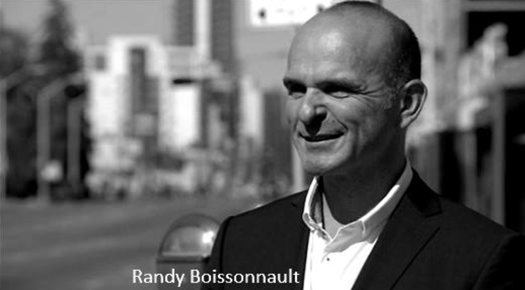
Canadian lawmakers may soon make a big step forward to combat a history of discrimination against sexual minorities. The government of Prime Minister Justin Trudeau introduced legislation to make the age of consent 16-years-old for all forms of sexual intercourse. Jody Wilson-Raybould, the justice minister, presented an amendment to change the age of consent for all forms of sex. (In a few jurisdictions around the world, you must even be married to engage in legal sex.)
Mr. Trudeau also appointed Randy Boissonnault, a member of his Liberal government, to determine the nature of an apology and possible compensation and pardons for gay and transgender people who were discriminated against and sometimes jailed because of federal laws and practices. Mr. Boissonnault became the first openly gay member of Parliament to be elected in Alberta.
Homosexual acts were treated as a crime in Canada for many years but it partly stopped in 1969 when homosexuality was legalized as a result of the Klippert case. Everett George Klippert (1926–1996) was arrested, charged, prosecuted, convicted, and indefinitely imprisoned for homosexuality after telling the police that he had consensual sexual relations with four men. Mr. Trudeau even announced that he would posthumously pardon Everett Klippert.
In addition to this extreme Klippert case from 1965, there were plenty of cases of men and women who were fired or forced to resign from positions in the military and public service because of their sexual orientation. Mr. Boissonnault will also be in charge of those anti-gay actions. Earlier, gay people were treated as a threat to national security. That’s why a group within the Royal Canadian Mounted Police, known as section A3, began an extensive surveillance program in the 1950s. A psychology professor at Carleton University in Ottawa developed a “fruit machine” to determine public servants’ sexual orientation. "Fruit machine" is a term for a device that was supposed to be able to identify gay men (derogatorily referred to as "fruits"). The subjects were made to view pornography; the device then measured the diameter of the pupils of the eyes (pupillary response test), perspiration, and pulse for a supposed erotic response. The "fruit machine" was employed in Canada in the 1950s and 1960s during a campaign to eliminate all gay men from the civil service and a substantial number of workers did lose their jobs -- actually over 9,000 "suspected" gay people. A number of former public servants and members of the military are currently suing the government for compensation.
Mr. Boissonnault indicated that while an apology would come, he was unable to predict its timing, adding that he would first meet with people who faced discrimination. “When our government is ready to provide an apology, we want to make sure it is worthy of the community,” he said.
Egale Canada is an advocacy organization founded in 1986 to advance equality for Canadian lesbian, gay, bisexual and transgender (LGBT) people and their families, across Canada. Helen Kennedy, the executive director of Egale, said that her group is willing to wait for an apology. “I’m interested in getting an authentic apology rather than a fast apology,” she said.
Photo Credits: Canadian Broadcasting Corporation
